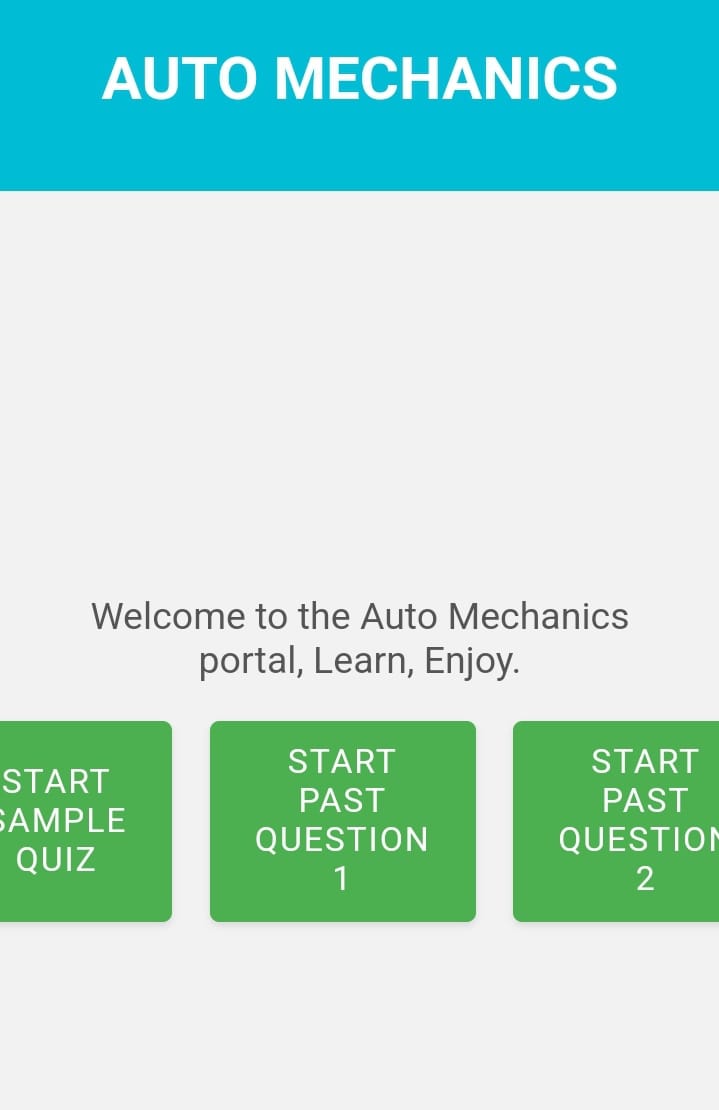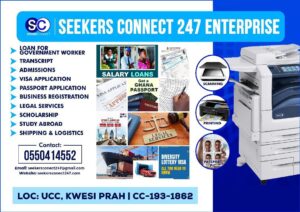
Auto Mechanics: The Complete Curriculum Guide

Table of Contents
Introduction to Auto Mechanics <a id=”introduction”></a>
This comprehensive guide covers all essential auto mechanic competencies from basic safety to complex electrical systems. Perfect for students and aspiring technicians.
Core Content Areas
1. Workshop Safety & Tools <a id=”safety”></a>
Critical Skills:
-
Proper tool handling
-
Fire extinguisher use (ABC classifications)
-
Personal protective equipment (PPE)
Safety Tip:
Always use jack stands – never rely solely on a hydraulic jack
2. Engine Systems <a id=”engine”></a>
Key Components:
| System | Key Parts | Function |
|---|---|---|
| Lubrication | Oil pump, filter | Reduce friction |
| Cooling | Radiator, thermostat | Regulate temperature |
| Valve Train | Camshaft, lifters | Control air/fuel flow |
Did You Know?
A typical 4-cylinder engine fires in a 1-3-4-2 sequence
3. Fuel & Ignition Systems <a id=”fuel-ignition”></a>
Evolution of Technology:
-
Carburetors (Pre-1980s)
-
Electronic Fuel Injection (EFI)
-
Direct Injection (Modern)
Troubleshooting:Hard starting? Check spark plugs and fuel pressure
4. Transmission & Drivetrain <a id=”transmission”></a>
Comparison Chart:
| Type | Pros | Cons |
|---|---|---|
| Manual | Better control | Steeper learning curve |
| Automatic | Easier to drive | More complex repairs |
| CVT | Fuel efficient | Limited torque capacity |
Project Idea:
Rebuild a manual transmission clutch assembly
5. Brakes & Suspension <a id=”brakes-suspension”></a>
Critical Safety Systems:
-
Disc vs Drum Brakes
-
MacPherson Strut vs Double Wishbone
-
Wheel Alignment Angles
Pro Tip:
Check brake fluid every oil change
6. Electrical Systems <a id=”electrical”></a>
Modern Vehicle Electronics:
-
CAN bus networks
-
Advanced driver assistance systems (ADAS)
-
Hybrid/electric vehicle systems
Diagnostic Tip:
Always start with battery voltage checks
7. Special Systems <a id=”special-systems”></a>
Advanced Technologies:
-
Air conditioning refrigerant handling
-
Turbocharger systems
-
Emission control systems
Certification Note:
EPA 609 certification is required for AC work
Assessment Framework <a id=”assessment”></a>
Cognitive Levels Weighting:
| Content Area | Recall (15%) | Skills (25%) | Strategic Thinking (30%) | Extended Thinking (30%) | Total |
|---|---|---|---|---|---|
| Engine Systems | 2 | 2 | 3 | 4 | 11% |
| Transmission | 1 | 4 | 3 | 4 | 12% |
| Electrical Systems | 1 | 2 | 4 | 3 | 10% |
| Total | 15% | 25% | 30% | 30% | 100% |
Key Takeaways <a id=”key-takeaways”></a>
-
Career-Ready Skills:
-
60% of the assessment focuses on applied problem-solving
-
Transmission systems carry the heaviest weighting (12%)
-
-
Industry Trends:
-
Growing need for hybrid/EV technicians
-
Computer diagnostics are becoming essential
-
-
Learning Resources:
-
Automotive Technology Textbook (James Halderman)
For the past question, click here: https://ntc.gov.gh/practice_test/auto_mechanics/
Follow us on WhatsApp for more updates: https://whatsapp.com/channel/0029VaCyYGIFHWpx22L38a2K
Seekers Consult
Contact Us for Your Study Abroad Journey
We search for schools and check available scholarships for you
Contact: 0550414552 / 0362297079
Loan for government workers
Transcript Application
English Proficiency
Recommendation letter
Project work/thesis for undergraduate, master’s, and PhD students.




